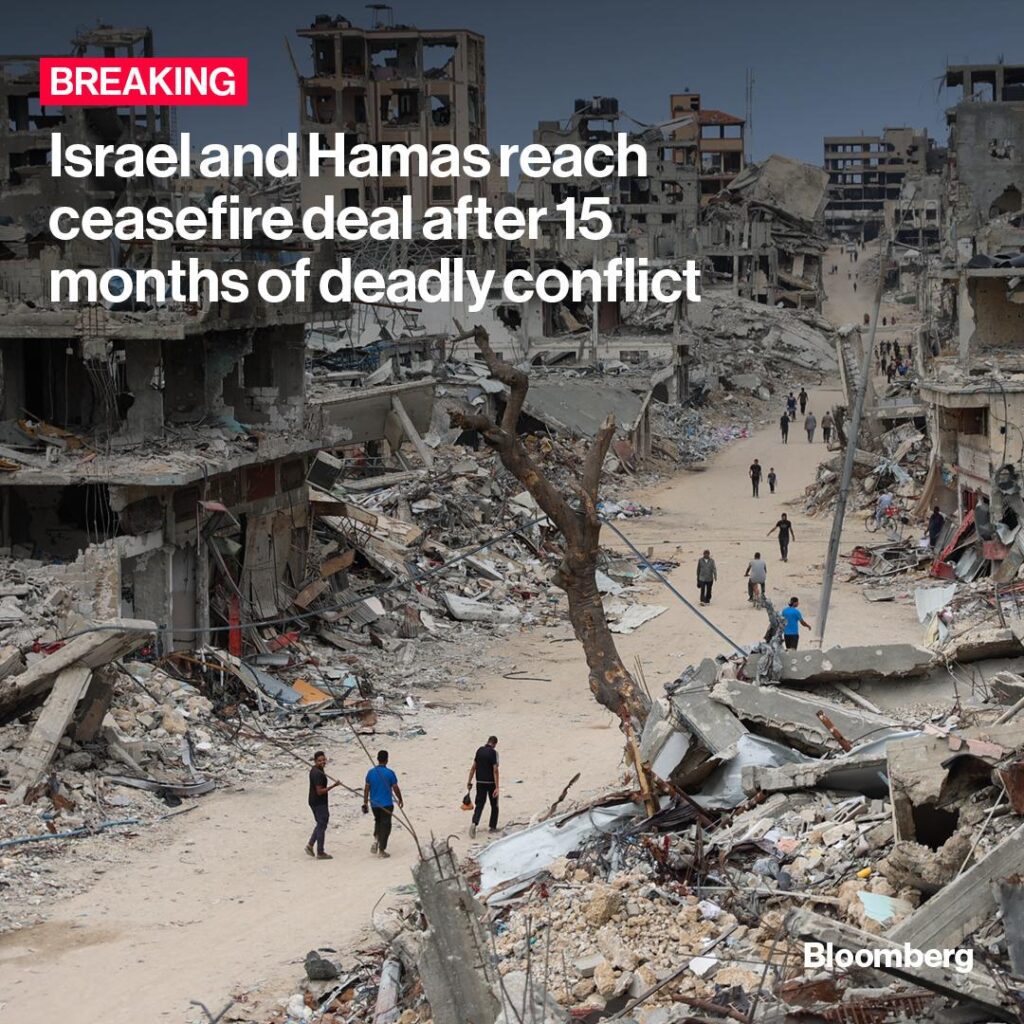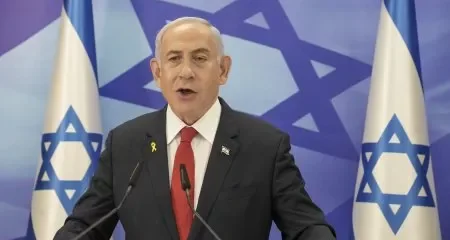Israeli Prime Minister Benjamin Netanyahu has postponed a scheduled cabinet vote on a ceasefire agreement with Hamas, citing a “last-minute crisis” instigated by the militant group.
This delay threatens to derail a deal intended to end a 15-month conflict and facilitate the release of hostages.Despite earlier announcements from mediators, including U.S. President Joe Biden and Qatar, that the agreement was finalized, Netanyahu indicated that Hamas is reneging on certain parts of the deal. This deadlock has postponed the Israeli Cabinet’s vote on the agreement, which was aimed to start over the weekend.
You May Like to Read;
Israel and Hamas have agreed to a ceasefire to end conflict in Gaza
The proposed ceasefire includes a six-week initial cessation of hostilities, the phased withdrawal of Israeli forces, and the exchange of hostages for Palestinian prisoners. Humanitarian aid is also poised to enter Gaza, where the conflict has caused severe suffering and displacement.
However, internal Israeli politics complicate the situation. Far-right coalition members have threatened to destabilize Netanyahu’s government should he agree to too many concessions. Additionally, recent Israeli airstrikes in Gaza have resulted in at least 77 Palestinian deaths, underscoring the ongoing intensity of the conflict.

While the ceasefire deal has garnered international support and is scheduled to enter into effect on Sunday, the recent tensions and delays raise concerns about its implementation.
Hamas has denied making new demands, but Israel accuses the group of attempting to modify the terms of the agreement.
The situation remains fluid, with negotiators from the U.S., Egypt, and Qatar working to resolve the remaining disputes, particularly over prisoner releases. T
he outcome of these negotiations will be crucial in determining the future of the ceasefire and the broader conflict.




